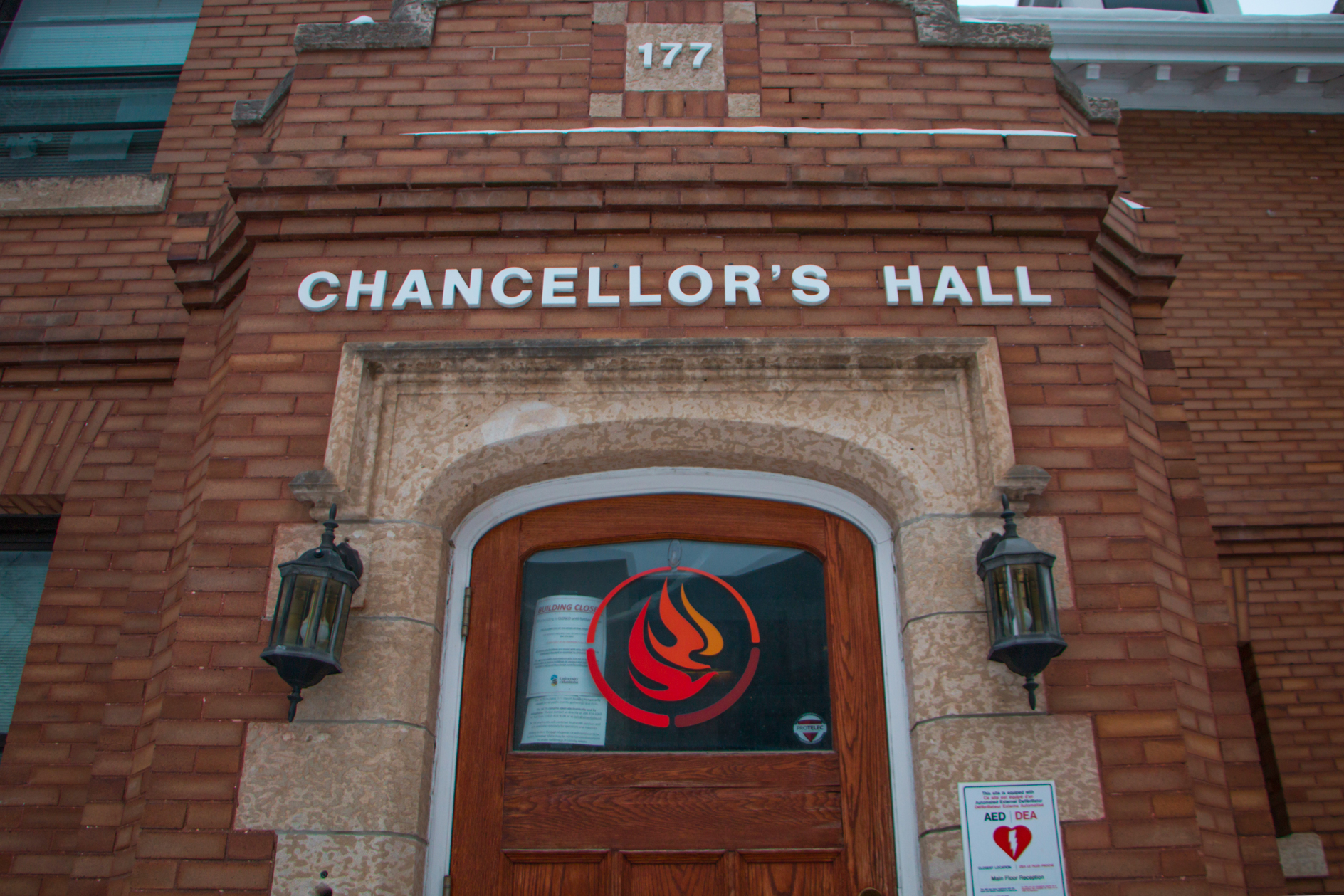Campaign 2000, an anti-poverty advocacy group, released its annual report card on the state of child and family poverty in Canada last week. The report found that the problem of poverty has, in recent years, become more severe in Canada and, as a countermeasure, calls for a “federal action plan to eradicate child and family poverty in Canada.”
A series of nine recommendations directed towards the federal government were included in the document, which, according to the group, would reduce the child poverty rate in Canada by up to 15 per cent if enacted.
Campaign 2000 suggested that a formal federal action plan for the eradication of poverty should be drawn up “in consultation with provincial and territorial governments, Aboriginal governments and organizations, non-governmental organizations, and people living in poverty,” and ought to be sensitive to the “peculiarities of how Quebec pursues social policy in the Canadian context.”
One of the eight other recommendations put forward by Campaign 2000 calls on the federal government to dial-back universal child tax benefits, and instead divert that money into supporting low-income families.
“Families with incomes up to $24,863 receiving the Canadian Child Tax Benefit (CCTB) also receive a supplement called the National Child Benefit Supplement (NCB), and families between $24,865 and $42,707 receive a partial supplement. Our proposal is to bring the value of the full supplement, plus CCTB from $3,485 annually per child to $5,400 per child,” explained Sid Frankel, an associate professor of social work at the University of Manitoba and Campaign 2000 committee member.
Frankel elaborated on the proposal, saying that paying for the increase in the CCTB and NCB supplement would be paid for by combining two methods: diverting $174 from general tax revenues into the supplement increase, and by ending three tax benefits and credits currently supplied to parents.
The list of universal benefits and credits that Campaign 2000 want to see eliminated includes the Child Fitness Benefit, the Child Tax Credit, and the Universal Child Care Benefit.
Campaign 2000 views these benefits as bureaucratically inefficient and ineffective at helping those with the lowest incomes because they often cannot pay original outlay costs.
Frankel argues that the Universal Child Care Benefit, in particular, “has no relationship to child care and is not enough to purchase child care for those living in poverty. It is only inefficiently taxed back from wealthy Canadians because the federal taxation system has become less progressive.”
Improvements to post-secondary and early childhood education funding are also high priorities on Campaign 2000’s list of recommendations. The group advised for a “restoration of the Post-Secondary Student Support Program (PSSSP) to the pre-1992 funding formula,” which would guarantee funding to Aboriginal communities to support all community members who want to pursue post-secondary education.
Additionally, “Federal spending on ECEC [early childhood education and child care] should reach at least one per cent of GDP by the end of ten years,” urged Campaign 2000’s report. “Starting with $1.3 billion in new, earmarked transfer payments to the provinces for publicly managed, non-profit and publicly owned and publicly funded ECEC services.”
Further recommendations call for a national housing strategy (including the expansion of temporary housing investment programs combating homelessness, which expire in 2014), as well as improved access to employment insurance and “restored access to old age security at age 65.”
This year’s report coincided with the 23rd anniversary of the unanimous, all-party House of Commons resolution of Nov. 24, 1989, which declared the federal government’s intent of “eliminating poverty among Canadian children by the year 2000.”
To the contrary, data presented in this year’s report showed that poverty is now worse in Canada than in 1989, with one in seven children living in poverty. The proportion increases to one in four for Aboriginal children.
Frankel explained to the Manitoban that two factors are responsible for this decline: “stagnation in wages at the lower echelons of the labour market, and limitations in spending on social programs in combination with tax cuts and a less progressive taxation system.”
“Many less affluent countries do better through more appropriate social and taxation policy,” he added.
Campaign 2000 is a network of child/family advocacy groups founded in 1991 to raise awareness and build support for achieving the aims set out by the federal government in 1989’s unanimous House of Commons resolution to end child poverty.
Every year, Campaign 2000 puts out a report card which assesses the federal government’s progress toward living up to the aims of the 1989 resolution and makes recommendations regarding how that goal can be reached.




